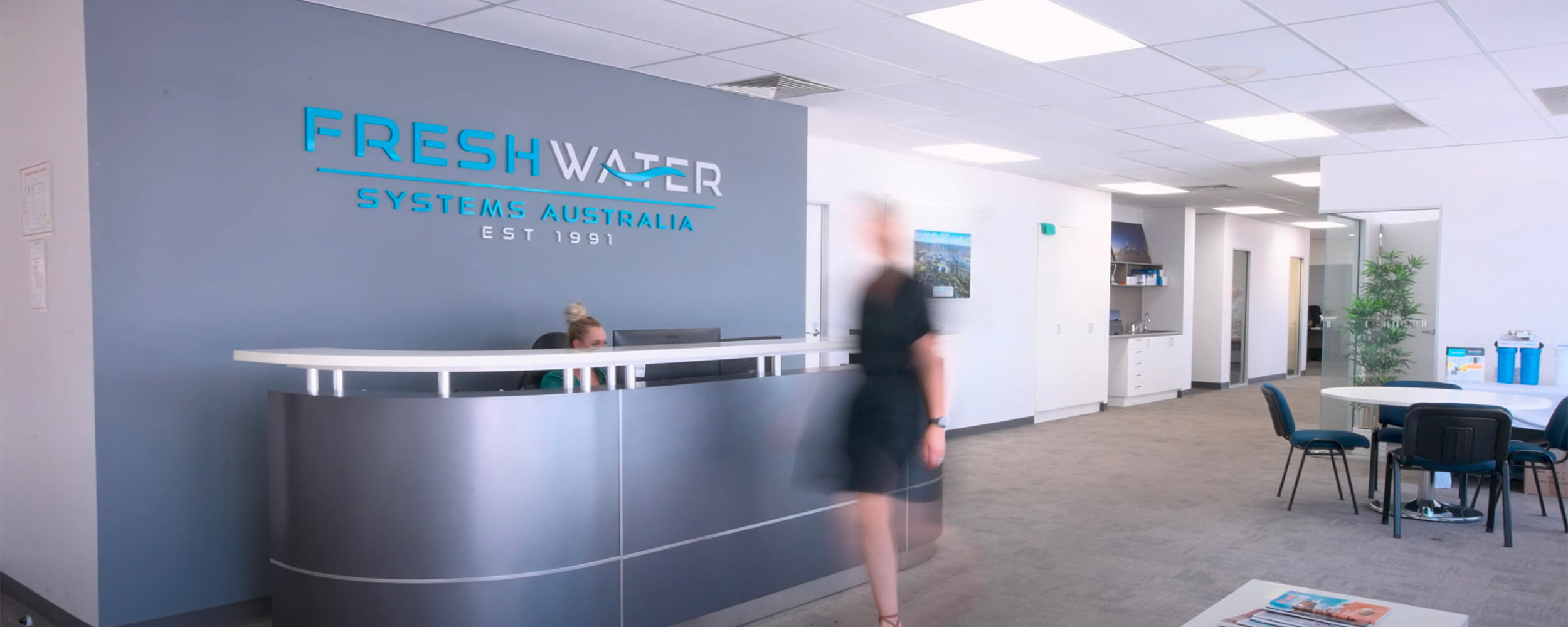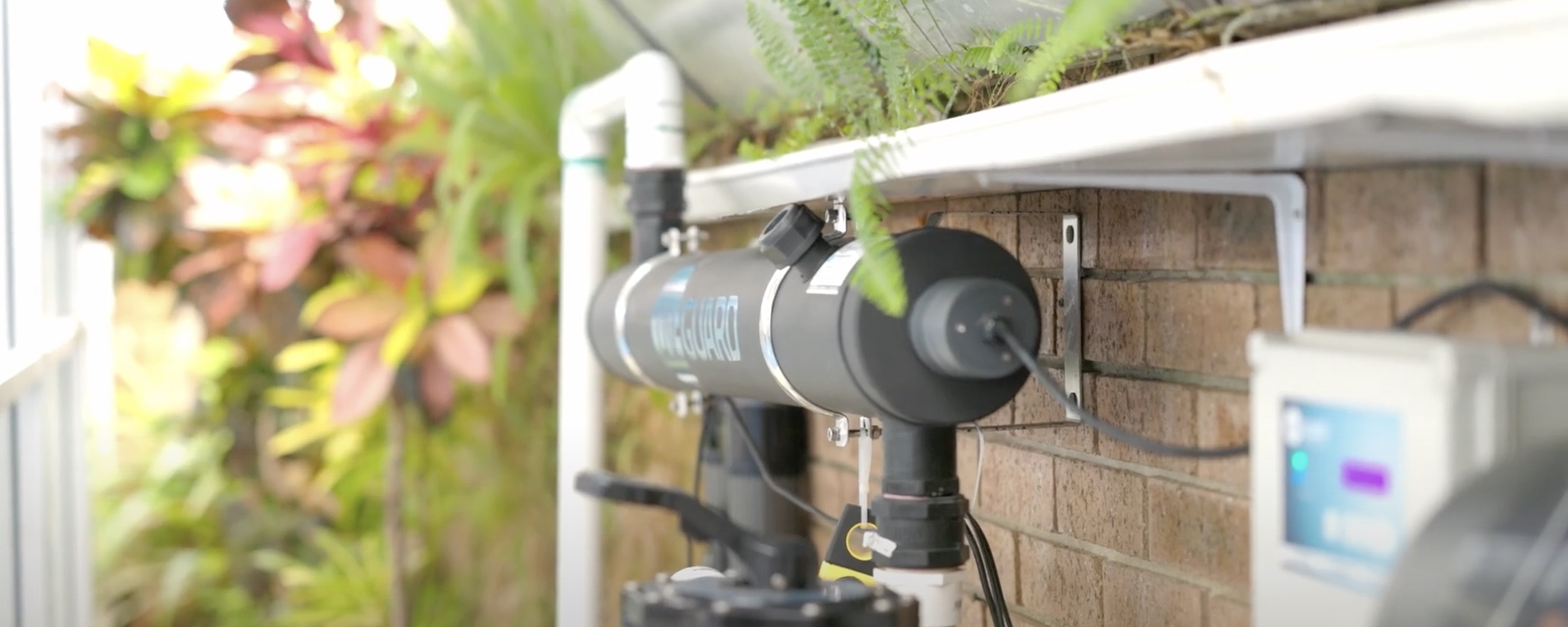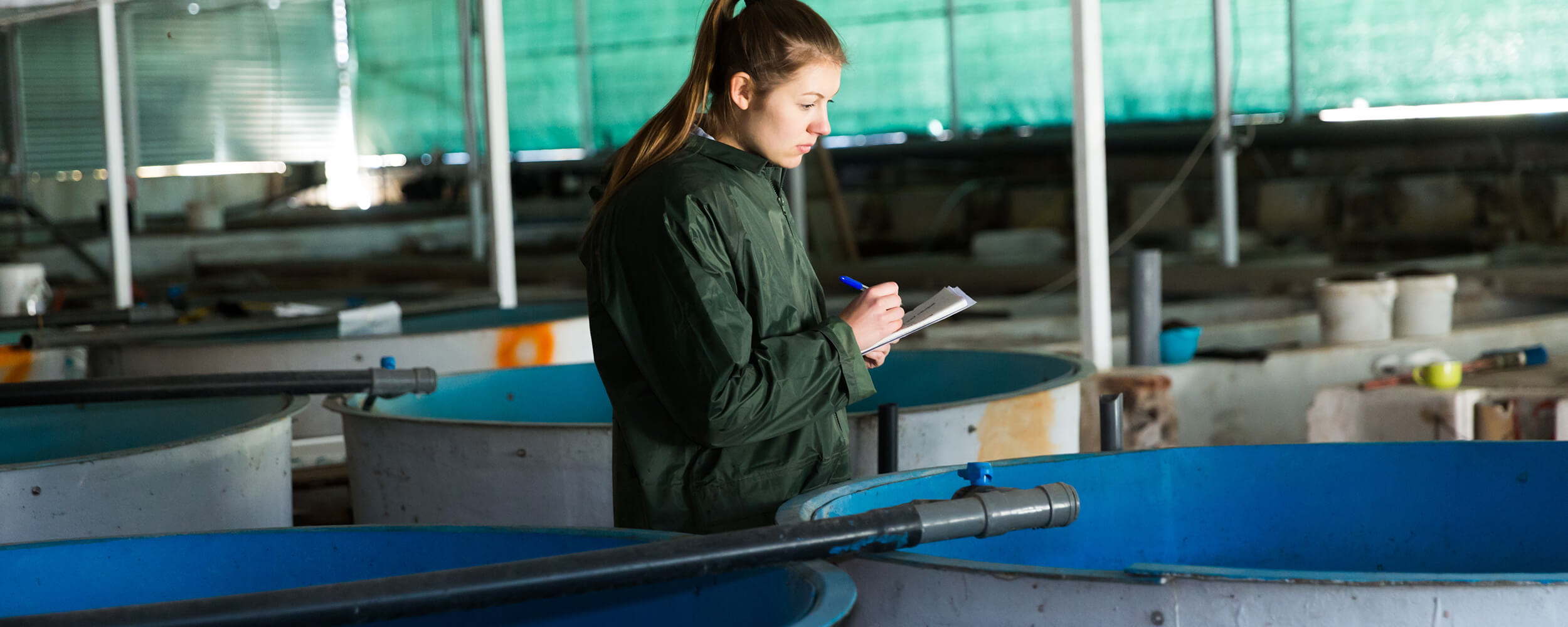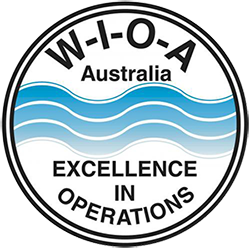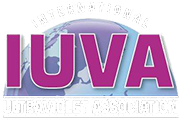Customer
Coca Cola, Richlands, QLD
Application:
UV disinfection for sugar syrup
Project Background
Coca Cola is a major manufacturer of beverages including soft drinks, bottled water, sports drinks and fruit juices. Coca Cola in Richlands Queensland was installing a new production line which required Ultraviolet (UV) disinfection for the sugar syrup application. The UV system on the existing production line also required an upgrade.
Concentrated sugar syrups have a high osmotic pressure. This high pressure prevents micro-organisms from growing; however yeast and mould spores can survive and grow once the syrup is diluted. Microbial growth can cause discolouration, spoil the syrup and it increases risk of infection or illness upon consumption.
In this instance, pasteurisation of the product was not an option. The required duration of high temperature to ensure the required reduction was achieved would ruin the colour and flavour of the product.
The sugar syrup food and beverage requires a particular UV dose to deactivate the DNA of the spores. The sugar syrup manufacturing process has very stringent regulations around monitoring and safety; therefore the system must be effectively monitored to ensure a continuous treatment process.
Coca Cola specified that a 5 log reduction of bacillus bacteria was required.
UV Requirements
UVT of 35%
Peak flow rate of 20 m3/hr
Required UV dose of 150mJ/cm2 – for a 5 log reduction of bacillus bacteria
UV Guard’s Solution
3 x UVG MP SS-3.5 in parallel
1 x UVG MP-7.0
 UV Guard has been a supplier of UV systems for Coca Colas facilities for several years. Three UVG MP SS-3.5 systems placed in parallel and a custom made UVG MP-7.0 were implemented in order to destroy the micro-organisms.
UV Guard has been a supplier of UV systems for Coca Colas facilities for several years. Three UVG MP SS-3.5 systems placed in parallel and a custom made UVG MP-7.0 were implemented in order to destroy the micro-organisms.
Like all sugar syrup UV disinfection systems, high intensity UV lamps combined with thin film food grade compliant chambers are required due to the low UV Transmittance associated with sugar syrups. As specified by Coca Cola, the systems needed to be able to generate a UV dose large enough to reduce bacillus bacteria by 5 logs (99.999%).
If you have a food and beverage water treatment enquiry, contact a UV Guard process engineer today.
Freshwater Systems Australia Case Study – UV Guard
Discover how Freshwater Systems Australia and UV Guard's strategic partnership drives success in delivering water treatment solutions across healthcare, pharmaceutical, and domestic industries. Learn about our collective technical expertise, and commitment to meeting stringent water quality guidelines.
Stopping the spread of viruses in aquaculture research facility
The aquaculture facility had multiple research stations all independently researching different fish species at the same time, and each one of these stations required its own UV system to treat the water entering that specific area. Additionally, all seawater entering the research facility needed to be treated. All UV systems needed to be selected to achieve minimum UV doses to achieve sufficient inactivation of viruses such as white spot.
Get in touch
This website has lots about us.
But it’s your needs that matter most.
Let’s talk.
Newsletter
Stay up-to-date with our very latest news, technology, offers and events.



